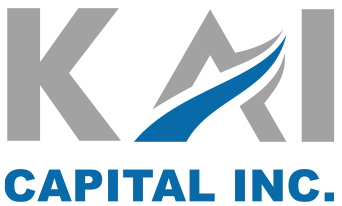Is Equipment Financing Good for Your Business’s Bottom Line?
With many business investments, there are two sides to the story. When deciding whether to pursue goals or not, you have to look at the overall costs as well as the benefits. When the benefits outweigh the cost, you’ve found a smart move for your company’s bottom line. How can you perform this calculation when it comes to equipment financing? Which side of the scale does this option fall into?
The Basics of Equipment Financing
The first thing you need to know about this type of financing is that it offers several ways of obtaining high-quality equipment. You can apply for an equipment loan to purchase the equipment or choose equipment leasing with comfortable monthly payments.
With both of these options, the equipment becomes collateral. This helps to reduce the overall interest rates and qualification requirements.
Financing a Huge Range of Equipment
You can use financing for nearly any type of equipment, including specialized equipment, heavy machinery, and work tools. Here are a few examples:
- Construction equipment: Compressors, concrete leveling equipment, skid loaders, backhoes, loaders, and more
- Medical equipment: Diagnostic machinery, treatment equipment, advanced software, and patient furniture
- Restaurant equipment: Point-of-sale systems, business management software, cooking equipment, walk-in freezers, and other equipment
B2B companies such as manufacturers and sales businesses also have equipment needs. With equipment financing, you can purchase computer equipment, maintenance equipment, and production equipment without problems.
Equipment Loans Versus Other Purchase Options
Your business has other options for buying equipment, but they generally have significant downsides compared to an equipment loan:
- SBA loans: A small business loan can cover equipment, but it requires meeting strict government requirements and waiting many months for approval.
- Conventional loans: Traditional bank loans for equipment offer excellent interest rates, but they’re difficult to qualify for unless you have an amazing credit score.
- Savings: For smaller pieces of equipment, such as computers and specialized software, you may be tempted to use your savings. This saves you money on interest but leaves your business without working capital.
The Advantages of Financing Equipment
Equipment loans offer many benefits, including helping you get the equipment you need sooner rather than later. Instead of waiting to build up perfect credit, you can start generating revenue right away. That way, you protect your business and help it grow. Leasing costs more in the long run, but it gives you smaller monthly payments.
Considering how fast, convenient, and affordable equipment loans and leases are, it’s not surprising that many business owners choose to finance.

